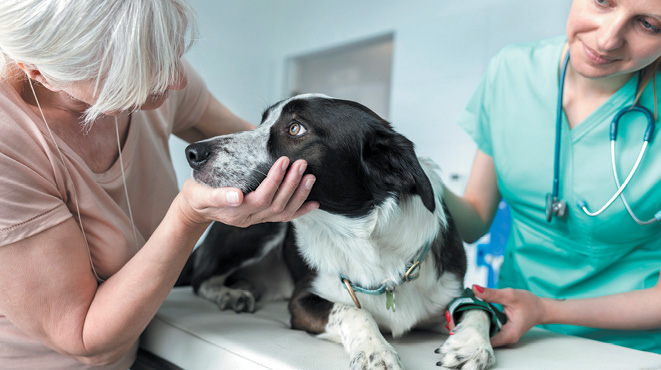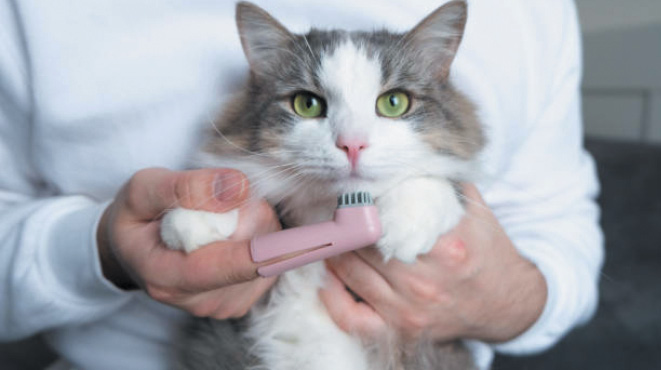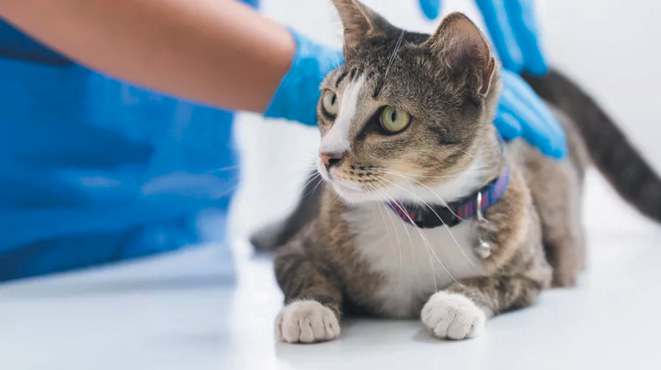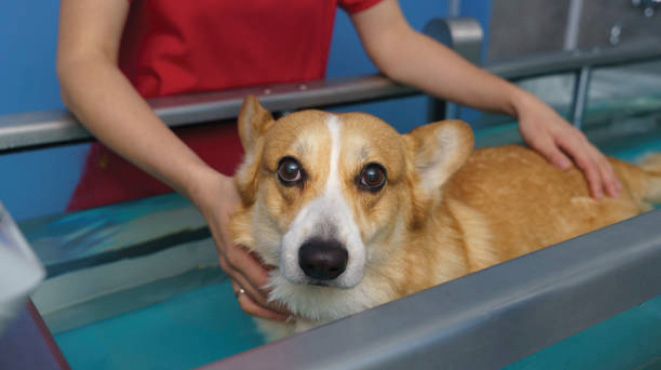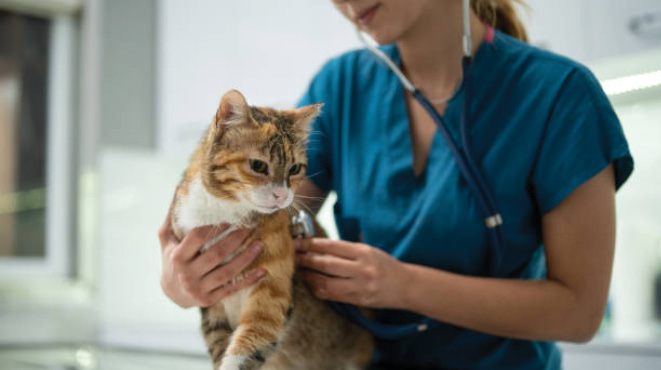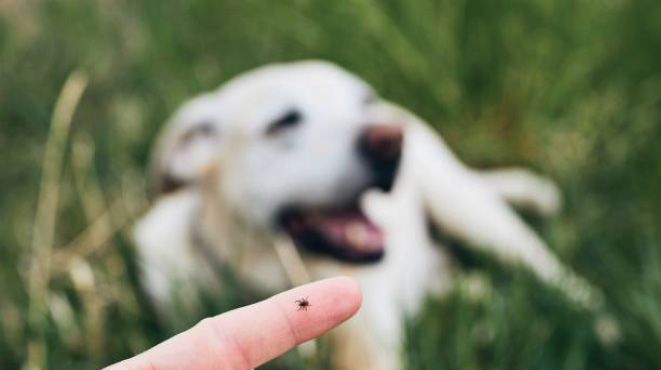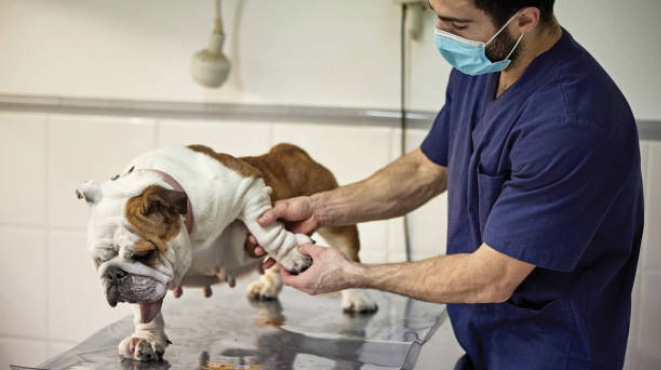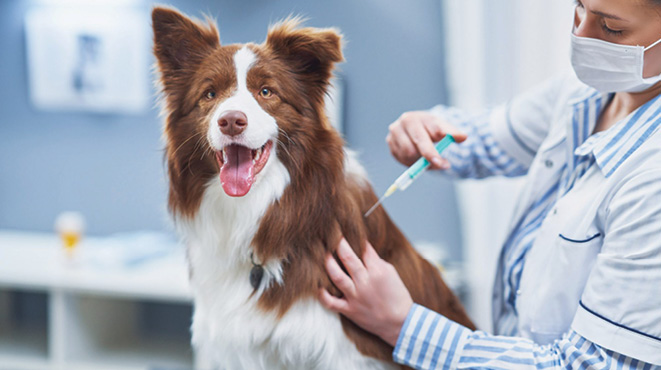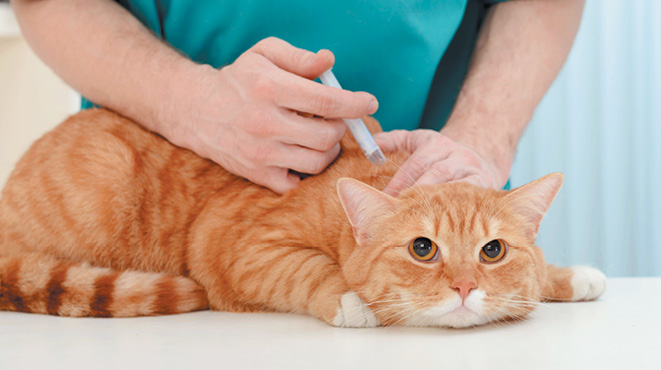BY DR NICKY THOMAS, WYNNUM MANLY VETERINARY HOSPITAL
Is your pet protected against heartworm? Recent studies have uncovered an increase in the occurrence of heartworm infection in pets with up to 34% of dogs (and up to 20% of this number of infections in cat) in Brisbane affected – and we have heard anecdotal reports of infections in pets on some of the Bay Islands.
What is heartworm?
Heartworm is a parasitic worm called Dirofilaria immitis which is spread by mosquitoes. Infected mosquitoes inject the larva when they bite cats and dogs. The tiny larvae spread through the blood stream, eventually ending up in the heart and blood vessels of the lungs where they grow into adult worms. These adult worms produce more larvae which travel in the bloodstream where they are picked up again by mosquitoes and the cycle continues.
Signs of heartworm disease
The clinical signs of heartworm disease in dogs are generally slow in onset and are a result of the adult worms in the heart affecting blood flow. Dogs will often show shortness of breath, reduced exercise tolerance, decreased appetite, weight loss and a persistent cough. They may develop other signs of heart failure including abdominal swelling.
Cats tend to be less obvious in demonstrating clinical signs of heartworm disease – sometimes they will develop lethargy or a cough but more commonly may have sudden death from as little as one adult worm in the body.
How is heartworm disease diagnosed?
Heartworm detection in dogs is fairly straight forward – your vet should be able to run a quick heartworm test to check for the presence of worms. Cats are more difficult to diagnose as they are often infected with a smaller number of worms than dogs. Blood is often sent to a laboratory for testing.
How can heartworm disease be prevented?
There are a huge range of medications available to prevent heartworm infection in your pet. These include monthly top spots, tablets or chews or a yearly injection (for dogs only). Have a chat with your vet to decide the best product for your pet. If it has been some time since your pet has been on heartworm prevention your vet will recommend that a blood test be performed to check for the presence of heartworm before recommencing protection.








